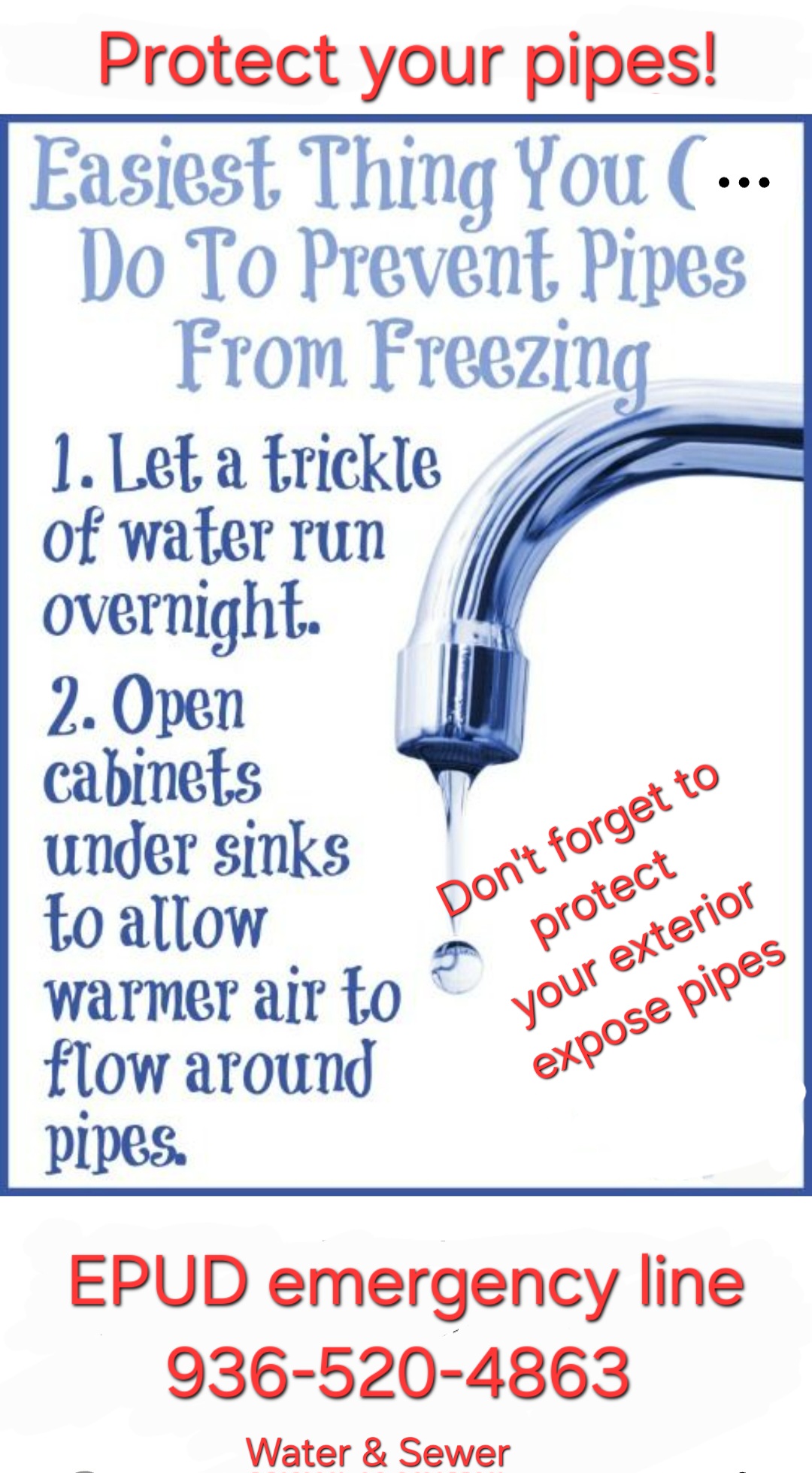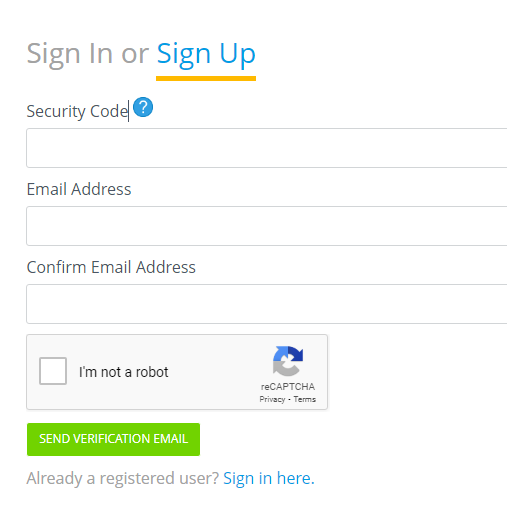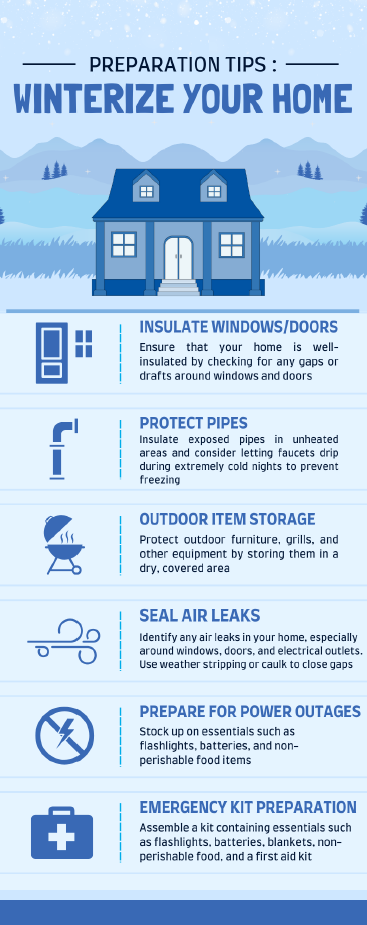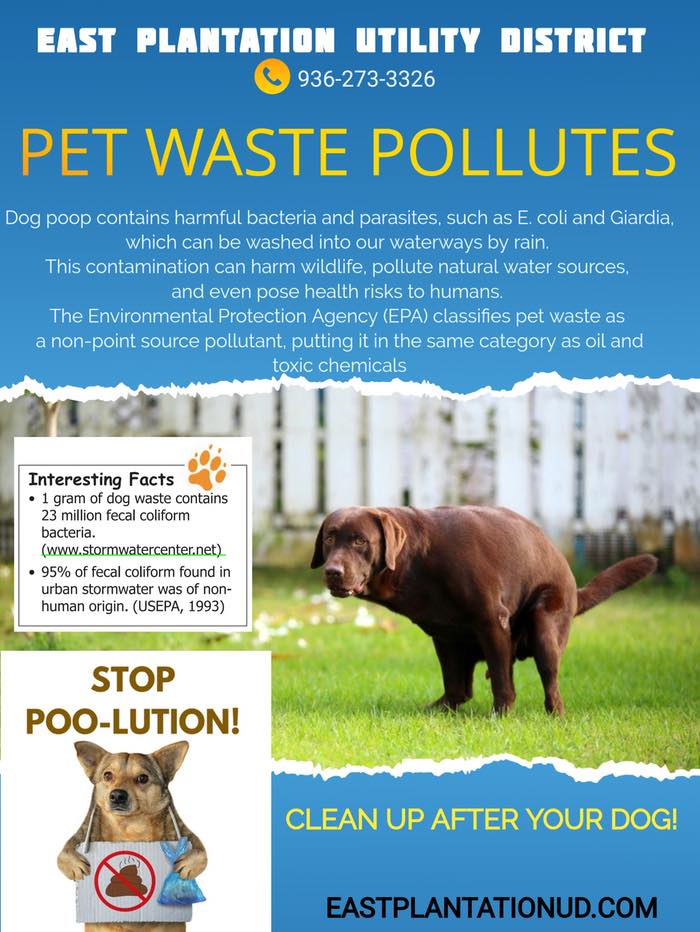Hurricane Preparation
Hurricane season, for the Houston (and surrounding areas), runs from June 1st through November 30th. East Plantation Utility District works hard to ensure the local water systems are prepared and will keep running to the best of their ability during times of emergency. Below are some tips to help you prepare your own home.
-
Create or update an inventory of personal property and store it in a safe location away from home to help protect yourself and your financial future. Record the make, model, serial number, purchase price and date of purchase of any new items and keep copies of receipts for major purchases with your inventory.
-
Store copies of your insurance policies with your inventory in a safe location away from your home.
-
Keep a list of contact details for your insurance agent and/or company with your policies.
-
Make sure you have windstorm insurance. If your property is located in one of Texas’ 14 coastal counties, or parts of southeastern Harris County, your homeowners policy may not provide windstorm coverage. In such cases, you may be able to obtain coverage through the Texas Windstorm Insurance Association—visit www.twia.org for more information.
-
Consider flood insurance. Homeowners and commercial property policies specifically exclude coverage for damage from flooding. To protect yourself from losses caused by rising water, you’ll need a separate flood insurance policy, typically from the National Flood Insurance Program (NFIP).
-
Map out safe routes inland or to safer areas. If you live in a low-lying area, know where low-water crossings might make travel to safety more difficult and plan routes that avoid these areas.
-
Find out the location of any nearby community shelters in case you must seek immediate shelter.
-
When a hurricane watch is issued for your area, regularly check TV and radio for official weather bulletins.
-
If you decide that it’s safe for you to stay, understand that you may be without electricity, fresh water, and phone service for some time and prepare accordingly. Stock up on canned goods and bottled water, check supplies of medicines and first-aid equipment, and check batteries in radios and flashlights.
-
In case there is a disruption in local phone service, agree on a friend or relative who lives outside your immediate area who can serve as a point of contact for family members in an emergency.
-
Protect windows, sliding glass doors, and skylights with shutters or plywood.
-
Put your car in a garage or other shelter. Secure boats and trailers. Secure outdoor furniture and any other loose material outside.
-
If possible, trim back any dead wood from trees. This will reduce the amount of wind stress on trees and eliminate potential damage from falling limbs.
-
Move valuables away from windows and, if possible, to an upper floor.
-
Bring pets indoors or make other arrangements for their safety. If you must seek shelter in a community shelter, understand that you may not be able to keep your pets with you. Contact your local humane society for information about animal shelters.
-
If you are leaving your home, lock and secure the premises. Take small valuables and important documents with you.
East Plantation Utility District
View the current Annual Drinking Water Quality report.
Providing the community with water and sewer services.
Through East Plantation UD’s website you can easily find links to the following services:
To Flush or Not to Flush
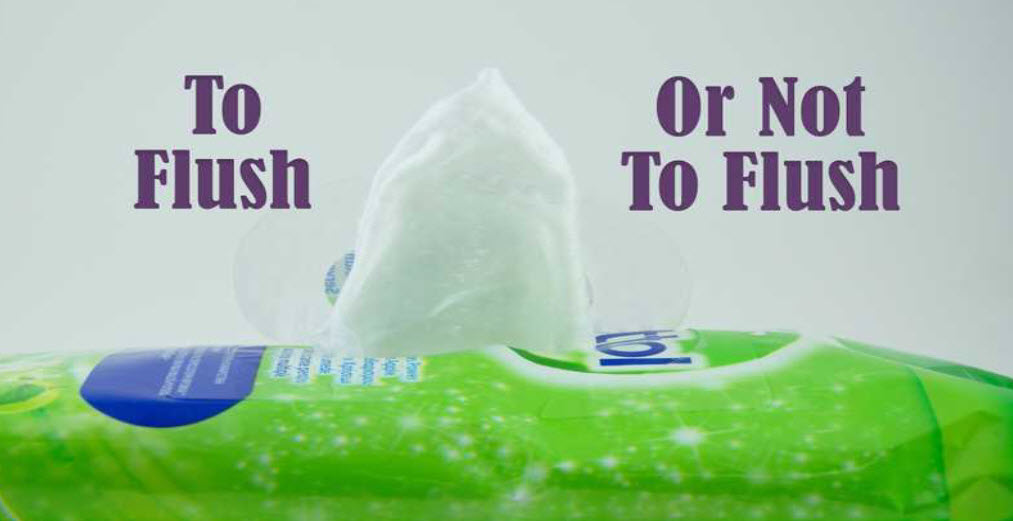
The Board of Directors for East Plantation Utility District (the District) would like to take a moment to remind residents of the importance of maintaining a clean sanitary sewer system. When “non-flushable” items such as wipes, oil, and grease make their way down toilet commodes, damage and clogs can occur. These clogs can cause home plumbing problems and sewage backups, creating excessive maintenance costs for residents. Additionally, damage can occur within the wastewater treatment facilities, producing elevated repair costs to the District.
It is not always comfortable to discuss bathroom issues, specifically, toilet do’s and don’ts. However, it is important to remember that there are some things that are meant to be flushed down the toilet… and some things that are not.
What about “flushable wipes”?
Despite their claim to be “flushable”, these wipes are indeed “not flushable“. Toilet paper is made to disintegrate when it is flushed. Wipes, on the other hand, are not made to disintegrate when flushed. Wipes clog pipes and cause damage to the sanitary collection system and wastewater treatment plants. It is better to be safe than sorry. For best practices, throw used wipes into the trash can.
The following items should never be flushed:
- “Flushable” Wipes
- Paper Towels & Tissues
- Too Much Toilet Paper
- Cotton Balls, Rounds, or Swabs
- Feminine Products
- Dental Floss
- Hair
- Bandages
- Medications & Other Hazardous Materials
- Cigarette Butts
- Fats, Oils, or Grease (FOG should be discarded within sealed containers and into the trash)
- Kitty Litter
While they may seem miniscule, these items can clog the drains and cause damage that could be expensive to repair. Residents can help save their resources and that of the District by only flushing toilet paper. After all, one wouldn’t want to inadvertently throw money down the drain!
Sewer Televising and Cleaning Notice
Please note that televising and cleaning activities are expected to begin on the north side of the District (along Stephen F. Austin Dr. working south) from March 11th through June 9th.
The District’s contractor is expected to conduct this project with 2 to 3 trucks, with minimal disruption to the residents. Thank you for your patience during the duration of this project.
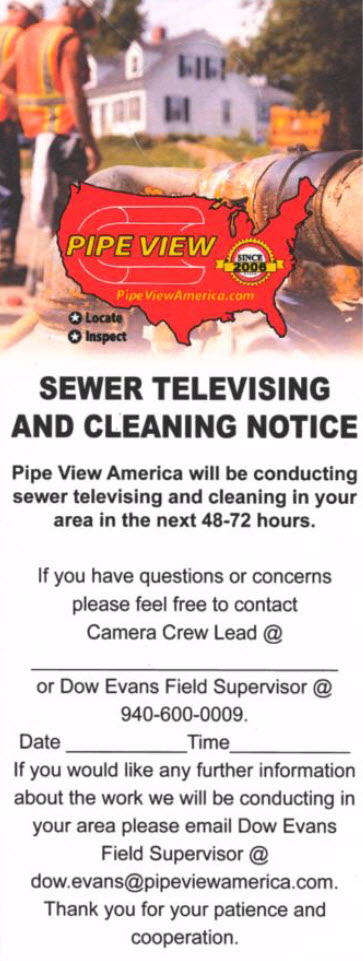
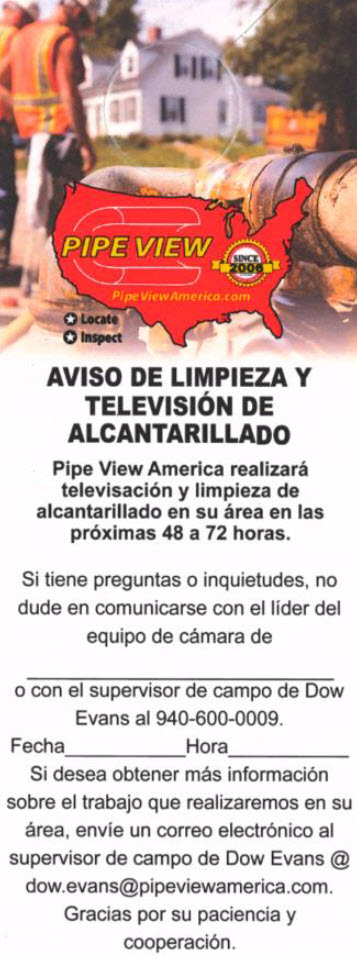
East Plantation Utility District Water Billing Update: Switch to H2O Innovation for Seamless Service and Online Payments
Attention Residents: East Plantation Utility District’s water service billing will now be handled by H2O Innovation. Please direct all new service, cancellation requests, and billing questions to H2O Innovation at 281-353-9756. H2O’s Website is: www.h2oinnovation.com. To pay your water bill online, select the Pay My Bill Option, select East Plantation Utility District, and click to set up a new account. Your security code can be found on your monthly invoice.
H2O Innovation Contact Information
Operating Hours
Monday – Friday (Closed for Major Holidays) 8:00am – 4:30pm
Drop Box – Monday-Saturday – 6:00am to 5:00pm
Office Locations
27335 West Hardy Rd, Suite 101, Spring, TX 77373
17332 Groschke Rd, Houston, TX 77084
PO Box: 2569, Spring, TX 77383
Important Notice: Addressing Our Recent DLQOR Submission Delay and Ensuring Future Compliance
Dear Customer,
During the 3rd quarter of 2023, the Disinfectant Level Quarterly Operation Report (DLQOR) was not timely submitted to the Texas Commission on Environmental Quality (the “TCEQ”). Unfortunately, because the District missed the submission deadline, the TCEQ issued a violation notice. The violation is only for the missed deadline since the District disinfectant levels were in compliance with the TCEQ requirements.
The District has since submitted copies of all DLQOR reports to the TCEQ. The District has instituted further standards to ensure that all reports are sent to the TCEQ in a timely manner. However, the TCEQ requires water systems which have received a violation to notify all the customers and inform them of the violation.
If you have any questions or concerns, please contact Franklin Gallegos directly at 936-273-3326
Sincerely,
The Board of Directors
East Plantation Utility District
Water and Operator Phone Number
Please note a change of phone number for the District’s Operator.
To setup an account or disconnect water service, or to report a problem, please call the East Plantation Utility District Maintenance Office at (936) 273-3326.
Please leave a message and someone will return your call promptly.
No Fee for Online Payments
East Planation UD is no longer charging a fee for online payments.

